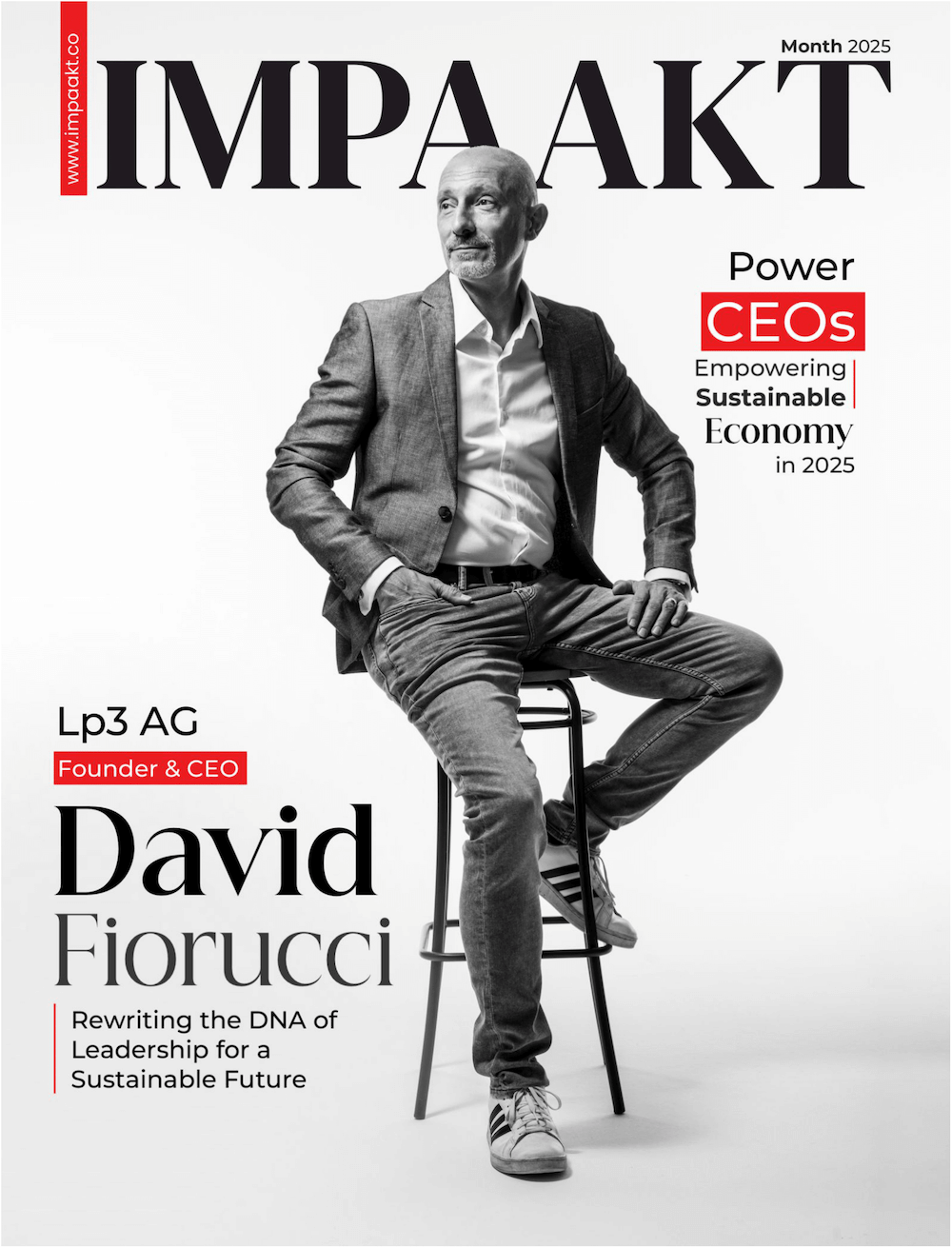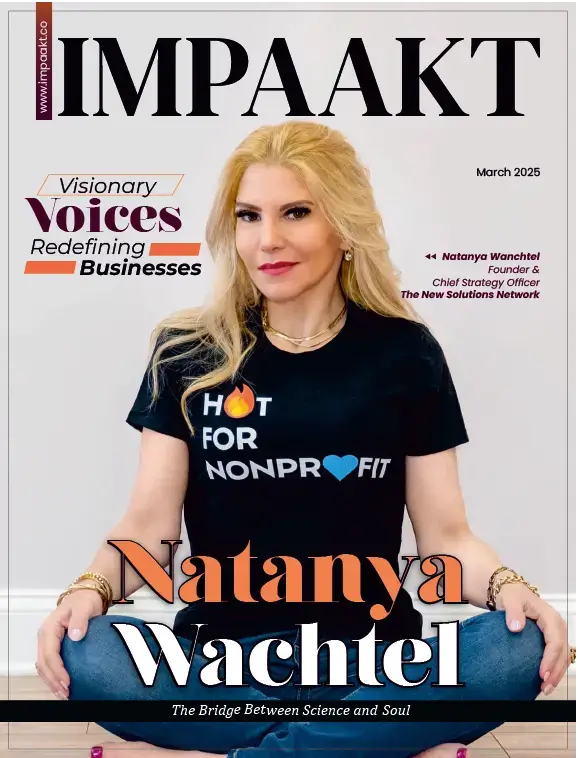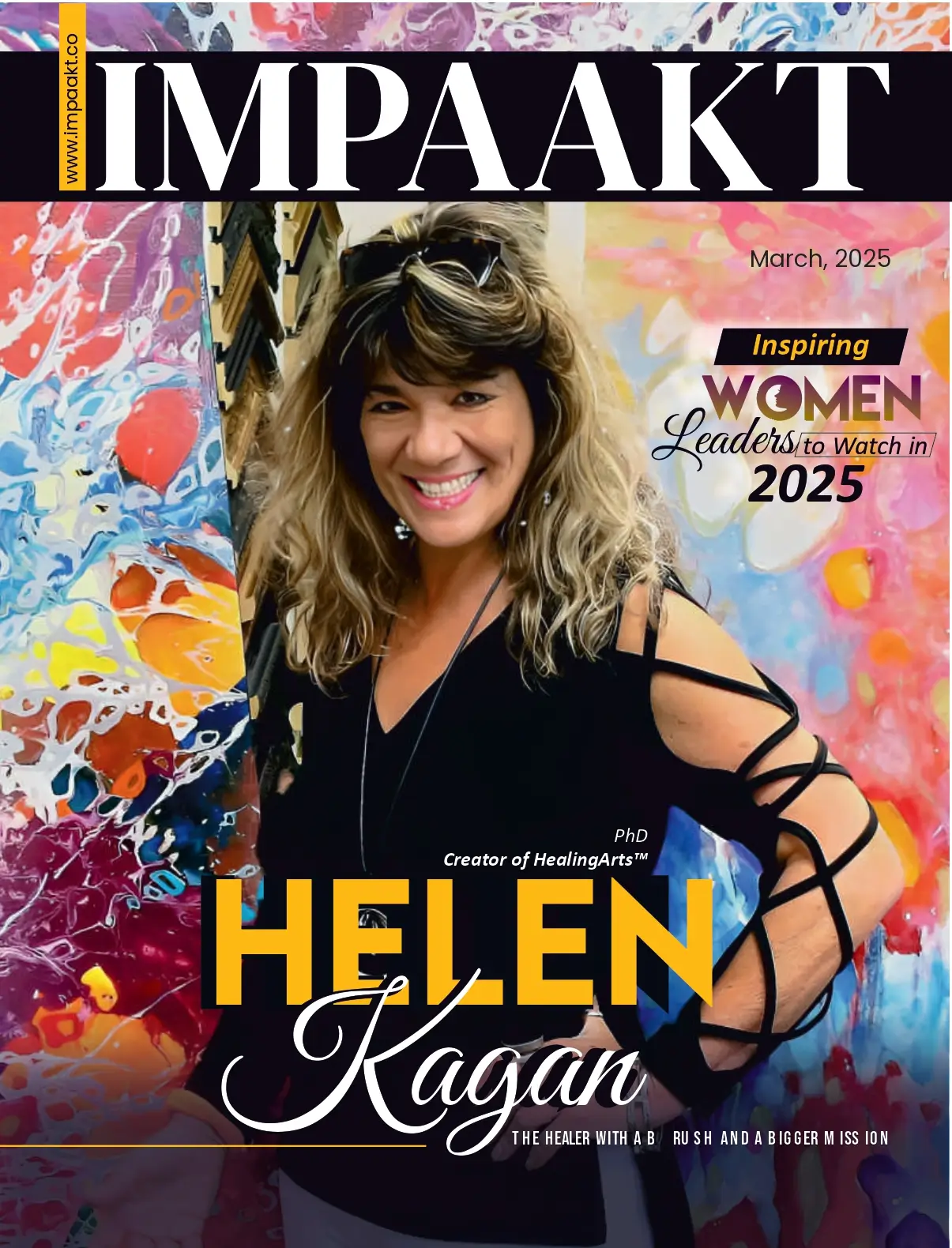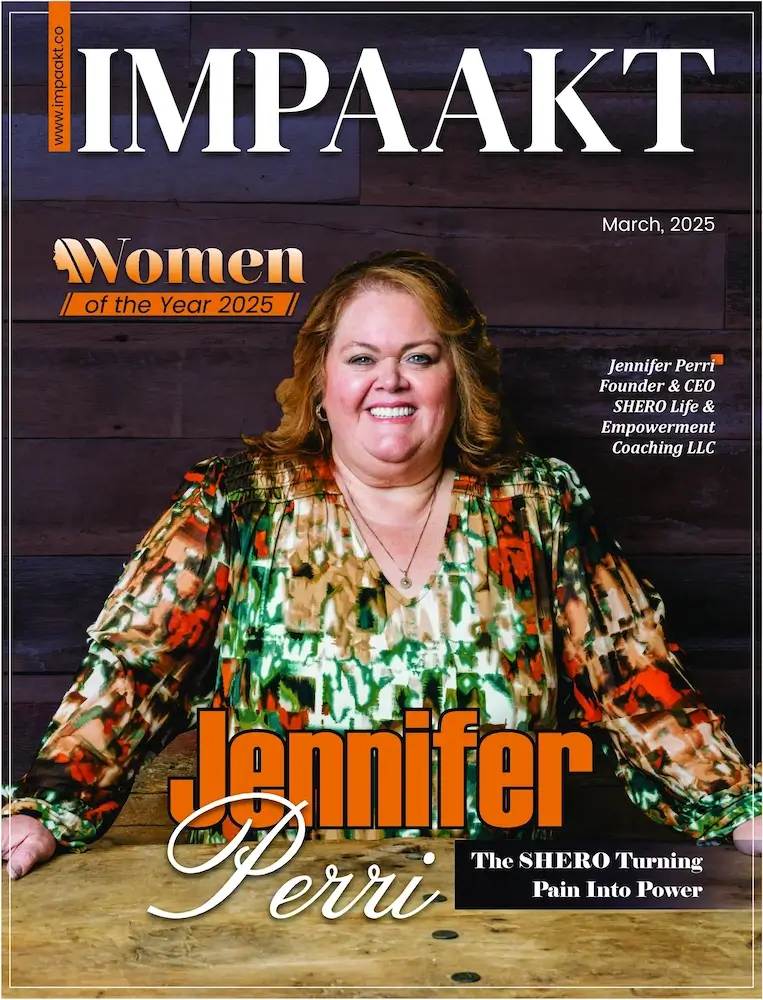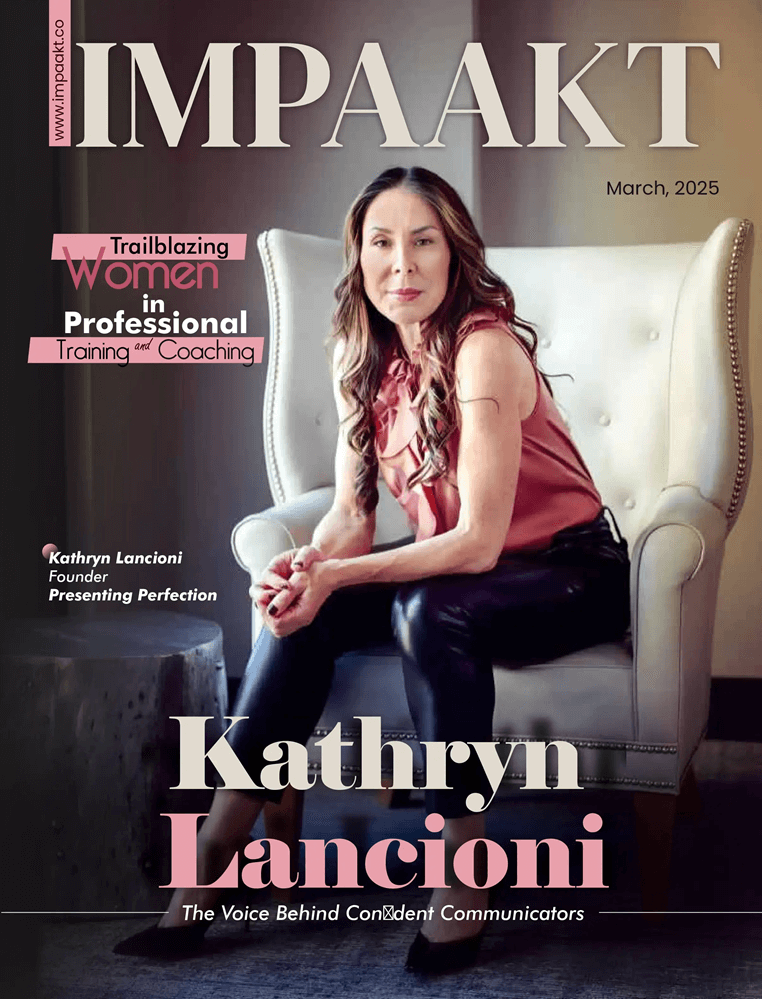Is profit the only measure of success?
For decades, the sole indicator of a successful business has been its bottom line – a cold, hard number often chased at the expense of people and planet. But a paradigm shift is slowly brewing, fueled by a growing consciousness and a yearning for a more sustainable future.
This shift whispers of a “Triple Bottom Line,” where success is measured not just in dollars and cents, but also in the positive impact a business has on its employees, communities, and the environment.
The traditional bottom-line approach has left deep scars. Exploitative labor practices, reckless environmental degradation, and rampant resource depletion are stark reminders of a system in desperate need of recalibration.
Consumers are waking up, demanding not just convenience and affordability, but ethical and sustainable practices. Investors are shifting their focus, seeking companies that align with their values and create shared prosperity.
And to address the need of the hour, seasoned entrepreneurs like Gary Polk, President & CEO of the Polk Institute bring a sustainable solution to the table. Gary, a visionary educator who saw the limitations of the singular bottom line long ago, understood that true progress required more than just financial savvy. It demanded a fundamental shift in how we define success, a shift that placed equal importance on social responsibility and environmental stewardship.
His story isn’t about overnight success or revolutionary ideas; it’s about a lifelong commitment to empowering potential, nurturing underrepresented talent, and weaving these values into the very fabric of business.
Gary has spent years working with diverse entrepreneurs, listening to their struggles, and identifying the systemic barriers that hold them back and then obtaining a fitting solution.
This interview is a deep dive into the heart of the Triple Bottom Line movement, an exploration of its challenges and triumphs, and a celebration of the individuals who are redefining business success, one ethical venture at a time.
Gary, can you share the inspiration behind launching the Polk Institute of Social Entrepreneurship and your vision for its impact on promoting Diversity, Equity and Inclusion (DEI) in business landscape.
The Polk Institute Foundation draws inspiration from two key sources. Firstly, it emerged as a response to the pervasive negativity spawned by the global COVID-19 pandemic. The Foundation’s aim is to be a force for good, a positive entity born out of adversity—a beacon to illuminate our dark days. Secondly, the genesis of this initiative traces back to 1991 when I commenced my teaching journey at California State University, Northridge (CSUN).
Back then, the Minority Business Program (MBP) was conceived to attract Black and Brown students to pursue Business Administration at CSUN. Recognizing the need for relatable instructors, the MBP founders sought practitioners with at least a Master’s degree, steering away from traditional tenured faculty to mentor Freshmen students.
Initially hesitant, I declined the Dean’s first request. However, after a successful inaugural year and an upswing in enrollment, I acquiesced to a second request. It was then that I pondered how to establish myself as a college professor.
Drawing from my experience as a Commercial Loan Officer and Credit Administrator at Bank of America, I decided to teach students how to craft a business plan—a practical method to impart fundamental business principles. Emphasizing the Financial Plan as pivotal, I instilled the old banking adage: “If the numbers don’t work, the boat won’t float.” Fast forward to September 2020, these teachings are the cornerstone of the Polk Institute (Pi). The rest, as they say, is history.
What motivated you to focus on the triple bottom line—people, planet, and profit—in your entrepreneurial endeavors?
Our strategy is to introduce the Triple Bottom Line (TBL) principles (People + Planet + Profit) at the core of social entrepreneurship for 100% of our Cohort Clients, creating a win-win scenario. Our target is that at least 60% of our clients will voluntarily seek certification as a B Corporation, a nationwide organization that certifies for-profit businesses as social entrepreneurs.
By the nature of their business, a nonprofit is automatically deemed a social entrepreneurship. Recognizing the pivotal role of people, including employees and customers, we emphasize their importance in building successful businesses. In the books “In Search of Excellence” and “Good to Great,” both authors found that the greatest companies in America are the ones that take the best care of their employees.
As we acknowledge the finite nature of our planet’s natural resources such as the oceans and trees, preserving them for future generations becomes a paramount goal for us. While profit remains a key motivator in capitalism, we believe that we can do good while doing well. March, designated as National Social Entrepreneurship month, sees the intentional introduction of our Social
Entrepreneurship Workshop into the Incubator and Accelerator programs during March. Also, we are proud partners with the L.A. Chapter of “B Local” LA, which is part of the National B Corporation organization.
We highlight certified B Corps companies like Patagonia, Beneficial State Bank, and Ben & Jerry’s Ice Cream. The growing trend among younger consumers and investors favoring companies promoting social entrepreneurship is evident.
As the author of several books on entrepreneurship, could you highlight some key insights from your writings, especially on why entrepreneurs succeed or fail?
In Michael E. Gerber’s “E-Myth Revisited” (2001), he asserts that businesses often fail when technicians masquerade as entrepreneurs. Technicians, presuming their technical expertise qualifies them for business operation, fall victim to the misconception.
This false belief transforms the American Dream into a nightmare. Comparing technicians to entrepreneurs, both share aspirations of business ownership, financial freedom, and autonomy. However, technicians create jobs, while entrepreneurs develop systems for efficient operation, recognizing the system as the key to success.
Technicians work “in” their business, personally handling tasks, while entrepreneurs work “on” their business, strategically planning and executing. Technicians tie the business’s existence to themselves, stating, “I am the business; without me, there is no business.”
In contrast, entrepreneurs assert, “I have created a business based on systems that can run without me.” Technicians build non-scalable businesses, contributing to failures, while entrepreneurs create scalable ventures, facilitating success. The technician mentality is a significant reason for business failures, while the entrepreneur mindset fuels business success.
What role do ethical considerations play in your belief that generating profits and behaving ethically are not conflicting concepts?
At the Polk Institute Foundation, our paramount organizational value is character, defined as doing the right thing when no one is watching. This principle is exemplified by simple actions, such as stopping at a stop sign at 3 am.
While many claim that they adhere to this, the reality often differs. Some might justify neglecting it due to fewer police on duty and fewer people on the streets at that hour. However, the decision should remain unchanged, considering unforeseen circumstances like a senior citizen with “sundowners’ syndrome” confused about day and night.
Regardless of the time, the impact of our actions is crucial. A senior out at 3 AM, thinking it’s 3 PM, is no less vulnerable to harm. We emphasize that doing the right thing demands courage and is a superior long-term strategy.
In the realm of decision-making, a CEO’s significant responsibility, we acknowledge the profound effects decisions can have on profit, loss, success, or failure. Ultimately, character, ethics, and doing the right thing carry substantial weight.
Can you share some highlights or success stories from the Entrepreneurship for Everyone training program that started in February 2021, emphasizing any noteworthy impacts on underrepresented communities? From our Cohort-1 Members we have two notable success stories.
First, The Compton Maker’s Hub is a nonprofit organization founded by Adrianne Ferree, a retired 30+ year member with LA County Sheriff Departments who wants to make a difference during her retirement years. The best thing about Adrianne is the fact that she is so coachable.
Her vision is to envision a collaborative space shaped by the collective vision of the community – a place built for the community, by the community so that everyone can tap into their innate abilities as makers.
Her Mission is to create a community Makerspace in the Greater Compton Area, with equal access to tools, workshops, technology, and resources to inspire creativity, facilitate lifelong learning, and provide inclusive and equitable opportunities for all.
After spending significant time in the community, she determined the first component of its makerspace in Compton will be a Tool Lending Library. The long-term goal of The Makers Hub is to create replicable models of makerspace development that can be implemented in other communities, transforming them through the talents of the people who live there.
Secondly, GreenTree Veterinarian Service. Creating a New Model for Exceptional At-Home Veterinary Care Your Santa Monica House Call Veterinarian! Dr. Susan Greenbaum, DVM, MPH recently moved to California from western NY. Now based in Santa Monica, she is licensed to practice veterinary medicine in both New York and California.
She has eight years of experience working as a mixed animal veterinarian and has treated many species including dogs, cats, cows, sheep, goats, pigs, bison, camels, and even kangaroo. Working with clients to help keep their small and large animals healthy, her expertise ranges from preventive care to surgery.
In-Home Euthanasia Services. Say Goodby in the peace of your own home. Her passion for animals also includes end of life care with a belief that the relief of suffering is the kindest gift to give. In her free time, Dr. Susan enjoys running and is working towards running 50 half marathons in 50 states.
She also enjoys volunteering with her therapy dog, Cooper, and hiking with her coonhound, Ginger. Animals have contributed greatly to her life and she is excited to continue fulfilling her passion for keeping pets healthy and happy.
With the support of sponsors like JP Morgan, Chase Bank, and Pacific Western Bank, how has their involvement contributed to the growth and impact of the Polk Institute?
Our partners have provided us with much-needed financial support to make a significant impact. Their generosity has been utilized for our operations, pitch events, and training workshops.
Without the generous support of our bank sponsors, we would not have achieved the positive impact we have made. Now, we seek support from non-bank corporations, individual donors, and foundations to continue our mission.
What role does the Innovation Incubator at CSUDH play in your journey, and how has it evolved since its inception in 2016?
As the Founder of the Innovation Incubator, I laid the groundwork for success. From pitch competitions to partnerships, we harnessed networking’s power. Under President Willie Hagen, we secured a $350,000 University budget line.
In 2017-2018, Incubator events drew 1100+ attendees on-campus to entrepreneur-related events. We developed valuable University Partnerships, such as a key collaboration with NFTE (Network for Teaching Entrepreneurs) that led to Executive Director Polk winning LA Chapter and NFTE National Volunteer of the Year in 2020.
Highlights include Mark Rampolla’s keynote outlining entrepreneurial journey as the Founder of Zico Coconut Water and author of “High Hanging Fruit.” The amazing Racquel Decipeda, legally blind Co-Founder of Hearts for Sights, winning our 2018 Women’s Pitch Competition—a testament to courage.
New leadership led to new vision and goals; new priorities emerged. Now, with a new building, the Incubator seeks symbiotic growth with Pi, exploring fresh opportunities.Top of Form
In your opinion, what are some of the unique challenges that women entrepreneurs face, and how does your book “Why Women Entrepreneurs Fail (to Win)” address these challenges?
In chapter one, we address the primary challenge for women entrepreneurs: Access to Capital. Being consistently overlooked by Angel and Venture Capitalists due to biases, women face significant barriers.
Men are the primary bankers, lenders, venture capital investors, and angel investors and they ALL tend to lend to men over women. The chapter concludes with tools and resources to develop new strategies to raise capital.
In chapter two, we ask the question, ‘Is Being Too Pragmatic Holding You Back from Dreaming Big?’. Another hurdle we found from our research for this book was a limiting mindset; a need to be realistic or too grounded.
We concluded that women must overcome such pragmatic thinking that hinders them from dreaming big. Our book is meant to empower women founders by offering tools and suggestions to help them thrive in their entrepreneurial journey. We found it necessary to challenge them to think beyond their natural constraints. It provides essential support for success in the challenging realm of entrepreneurship.
Finally, on a personal note, how do your own experiences and background influence your passion for supporting entrepreneurs, especially those from underrepresented communities, and how does this align with the broader goals of promoting DEI in the business world?
Growing up, I witnessed the remnants of segregation in Texas, with ‘White Only’ signs and segregated spaces. As a child in the 1960s, I couldn’t partake in civil rights marches but vividly remember Martin Luther King Jr.’s assassination and the empowerment in James Brown’s anthem, “Say it Loud, I am Black and I am Proud.”
Recognizing the importance of education, my mother ensured it was my path to success, and I became a beneficiary of the Civil Rights Movement.
Entering college in the mid-1970s, I utilized available scholarships, a product of underrepresented communities. With 40 years in corporate America and academia, I’m now poised to give back.
The Polk Institute Foundation’s mission aligns with my commitment, aiming to launch 1,000 social entrepreneurSHIPS by 2032, focusing on underrepresented Black, Brown, Women, and Veteran entrepreneurs—contributing to diversity, equity, and inclusion in today’s business landscape but nothing really new to Polk. Just different words to describe the same centuries old scenario.
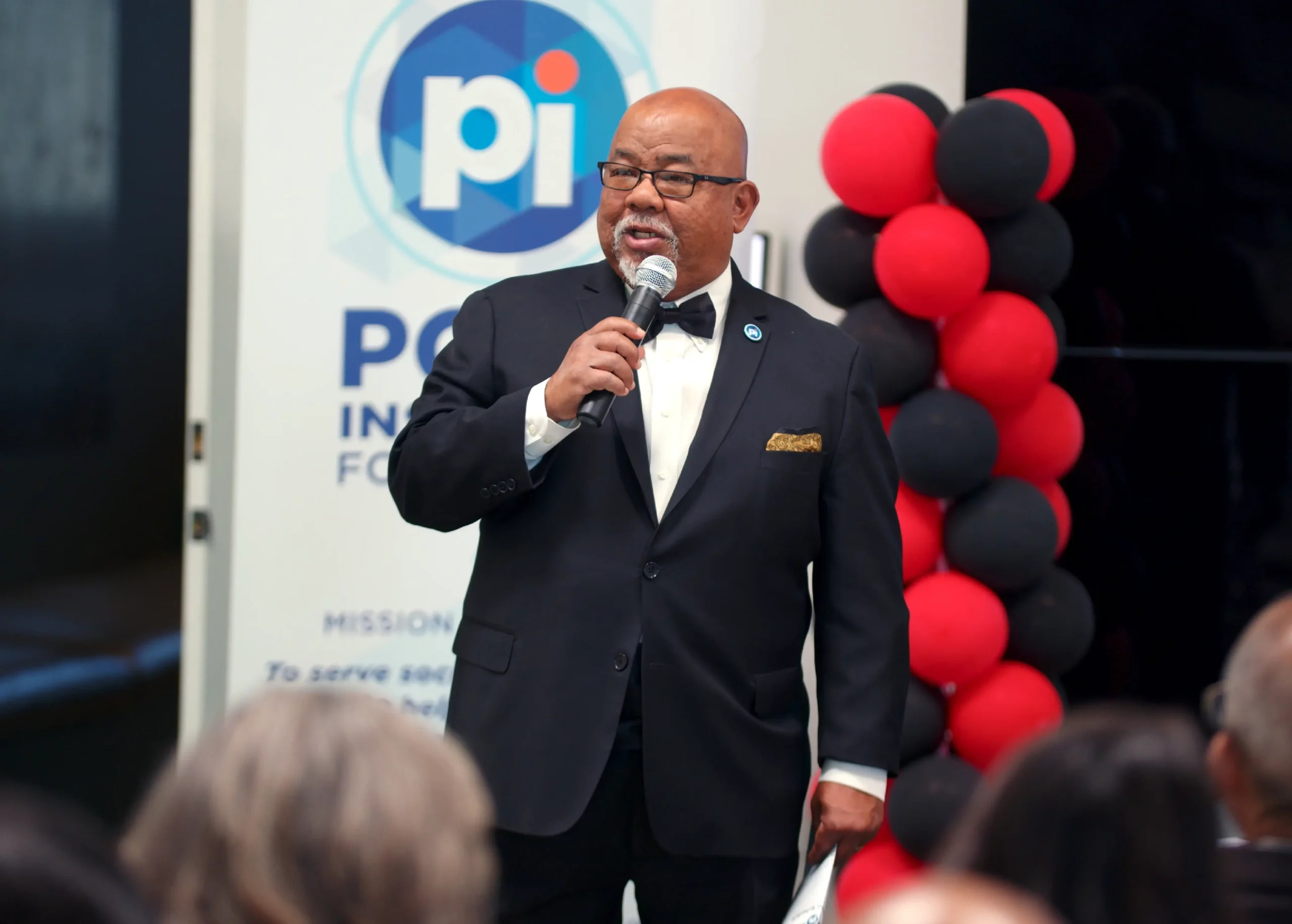
 Gary Polk
Gary Polk






